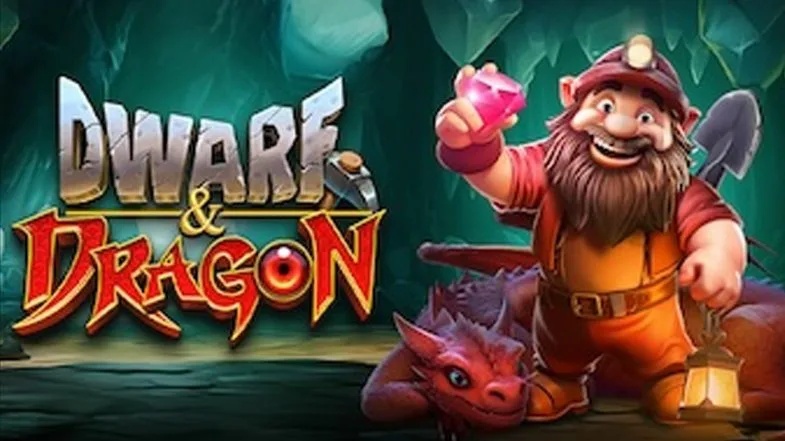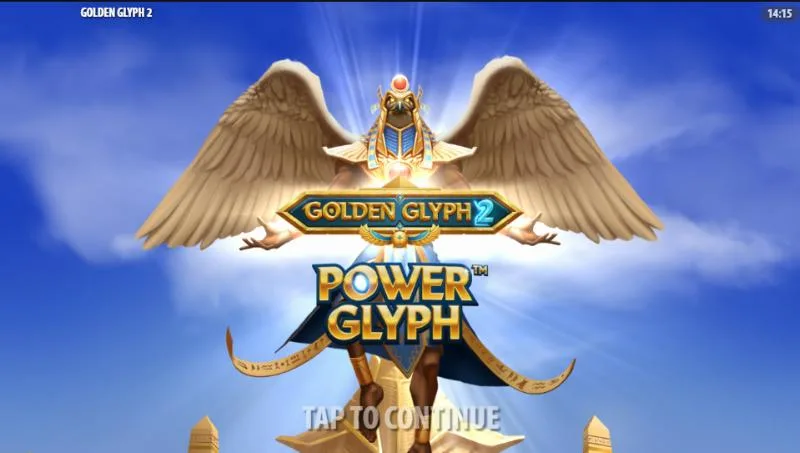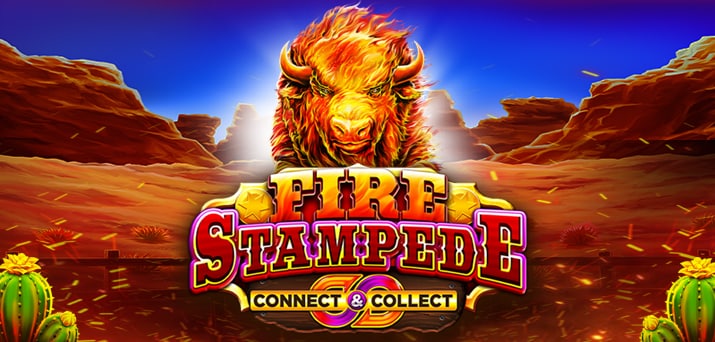
Web3 and Gambling: How Smart Contracts Are Changing Betting Mechanics
Technological progress is reshaping various industries, and the gambling sector is no exception. The emergence of Web3 and smart contracts has introduced new standards of transparency, security, and autonomy in betting. Unlike traditional online gambling systems, where players rely on third-party operators, Web3-based solutions aim to eliminate intermediaries and provide more equitable mechanisms for all participants.
What Web3 Brings to the Gambling Sector
Web3 is not just a buzzword — it represents a fundamental change in how users interact with digital services. In gambling, it enables decentralised infrastructure where players’ funds, game logic, and outcomes are no longer controlled by a central operator. Instead, the code and the community define the rules. This model reduces manipulation risk and empowers users with more control over their experience.
Blockchain technology plays a key role in this transformation. Every transaction is permanently recorded and verifiable, meaning players can confirm that game results were not tampered with. Furthermore, decentralised applications (dApps) operate autonomously, often using publicly available open-source code. This transparency builds trust and helps attract a more technically literate audience.
By eliminating the need for centralised custody of funds, smart contracts reduce the likelihood of fraud and fund mismanagement. Winnings are distributed automatically and immediately based on predefined conditions. This not only simplifies operations but also reinforces financial security for users, who retain full control over their wallets.
Smart Contracts as the Foundation of Trust
Smart contracts are essentially self-executing pieces of code stored on a blockchain. They carry out operations only when predetermined conditions are met — for example, distributing winnings based on the outcome of a sporting event or a dice roll. This automation eliminates the need for manual intervention, which in traditional systems often opens the door to manipulation or human error.
These contracts act as a digital version of an impartial dealer. Since their code is often open for audit, any technically savvy player can examine the rules and be sure the logic is fair. Trust is not built on marketing slogans but on verifiable, tamper-proof algorithms that work the same for everyone.
Another significant advantage is the immutability of smart contracts. Once deployed, they cannot be altered without consensus from the community. This ensures that players’ expectations remain consistent, and that changes to game rules or payout structures cannot be applied arbitrarily.
How Decentralisation Impacts Betting Mechanics
Decentralisation shifts the balance of power from operators to players. Traditional gambling systems usually rely on central servers to process bets, manage funds, and determine outcomes. In contrast, decentralised gambling relies on distributed nodes and peer-to-peer interactions. Players connect directly to smart contracts, which manage the entire betting cycle autonomously.
This change affects how betting odds are calculated, how games are verified, and how winnings are paid. For instance, many Web3 gambling applications now integrate Chainlink oracles to retrieve trustworthy real-world data, such as sports results. These oracles serve as neutral sources of truth that cannot be manipulated by the gambling operator.
Additionally, decentralised betting pools allow players to collectively provide liquidity and share profits. Such a model promotes community involvement and discourages monopolistic behaviour. It also introduces innovative mechanics like prediction markets, where users bet on outcomes across a wide range of events outside traditional casino games.
New Business Models for the Gambling Industry
Web3 is unlocking new business models based on tokenomics and decentralised governance. Projects often introduce native tokens that serve multiple purposes: placing bets, earning rewards, or participating in decision-making. These tokens align the interests of users and developers, encouraging long-term involvement.
Unlike centralised gambling platforms, which rely on aggressive marketing and retention strategies, decentralised projects often build communities through open development and shared ownership. Users are not just players — they become stakeholders with voting rights on how the product evolves. This participatory approach creates a sense of ownership and fosters transparency.
Moreover, Web3 allows gambling projects to reach a global audience without being confined to the regulatory limitations of a specific country. Although legal compliance remains important, decentralised infrastructure enables projects to operate more flexibly while adhering to smart contract rules programmed into the system itself.

Challenges and Limitations of Web3 in Gambling
Despite its advantages, the implementation of Web3 in gambling is not without obstacles. One major concern is regulatory ambiguity. While traditional online casinos are subject to licensing and regulatory frameworks, decentralised gambling operates in a legal grey zone in many jurisdictions. This creates uncertainty for both developers and players.
Scalability is another issue. Although blockchain networks like Ethereum have made progress with layer 2 solutions, congestion and high transaction fees remain barriers to widespread adoption. For gambling platforms requiring fast and inexpensive operations, these limitations can deter casual users.
Security is also critical. While smart contracts reduce the risk of human manipulation, they can still contain vulnerabilities. If a contract is poorly coded or untested, it may be exploited, resulting in financial losses. Therefore, thorough audits and community scrutiny are essential before deploying any betting protocol.
Prospects for Further Development
In 2025, we can expect Web3 gambling projects to focus more heavily on usability and compliance. The user experience must become seamless enough to attract players unfamiliar with blockchain wallets or private keys. Developers are actively exploring integrations with web2-friendly interfaces to bridge this gap.
There is also growing interest in cross-chain functionality, allowing players to interact with smart contracts across multiple blockchains. This would improve liquidity, accessibility, and resilience. Projects like Polkadot and Cosmos are at the forefront of enabling such interoperability within decentralised ecosystems.
Finally, as regulatory frameworks catch up with technological innovation, we may see formal guidelines emerge that support the legalisation of decentralised gambling in certain jurisdictions. This would help legitimise the industry and protect users while encouraging responsible innovation in the betting sector.
-
 Thriving in the Digital Arena: Online Poke...
Thriving in the Digital Arena: Online Poke...As the digital age progresses, traditional games, including the ever-popular …
-
 Dwarf & Dragon Slot Game Review
Dwarf & Dragon Slot Game ReviewThe Dwarf & Dragon slot game, developed by an innovative …
-
 Golden Glyph 2 Slot Review: Features, Bonu...
Golden Glyph 2 Slot Review: Features, Bonu...Golden Glyph 2 by Quickspin brings a fresh take on …
-
 Fire Stampede Slot Game: A Thrilling Gamin...
Fire Stampede Slot Game: A Thrilling Gamin...Fire Stampede slot game stands out in the world of …
